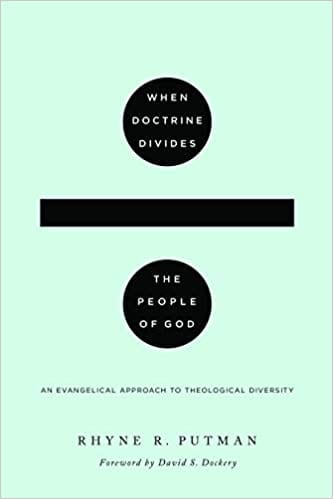BEN: You talk about practicing a hermeneutic of suspicion when it comes to the notions and assumptions we bring to the reading of the Bible, and a hermeneutic of submission when it comes to accepting God’s Word at face value. How does one get these two things together? It would seem that if one doubts one’s own assumptions about the text, that would spill over into doubts about the text itself, all too often. Part of the problem for scholars is that too many of them seem to think that ‘critical thinking’ about the Bible means justification by doubt—see how many things you can doubt in the Bible, which shows you are doing critical thinking about it. What’s wrong with this picture? It seems to me that we should extend the same courtesy to the Biblical authors we extend to living teachers—we begin with a posture of trust and hearing them out, giving them a fair chance to make their points. Yes?
RHYNE: For Ricoeur, the hermeneutic of suspicion is directed at the interpreter himself. It is about becoming self-critical of our own interpretive interests, of what we want to see in the text rather than encountering the “other” in the text. More radical hermeneuts have extended the same kind of suspicion to the authors of texts themselves, questioning the interests of authors at every turn (e.g., accusing Paul of misogyny, etc.). Openness to the text is more important than doubt. Alan Jacobs offers a helpful alternative to the hermeneutic of suspicion in his book A Theology of Reading: The Hermeneutics of Love. He argues we cannot truly love our neighbor (the author of the text in this metaphor) and simultaneously treat everything he or she says with suspicion. Instead Jacob encourages a hermeneutic of discernment. When talking about non-inspired authors, this means we are open to our neighbor, open to relationships with them, treating them as they want to be respected. Literary discernment involves sensitivity to context, genre, and authorial intent. What I mean by a hermeneutic of submission is simply yielding to the otherness of the biblical text. Even where Scripture makes me uncomfortable as a fallen human being, I ultimately acknowledge its truthfulness and authority.













